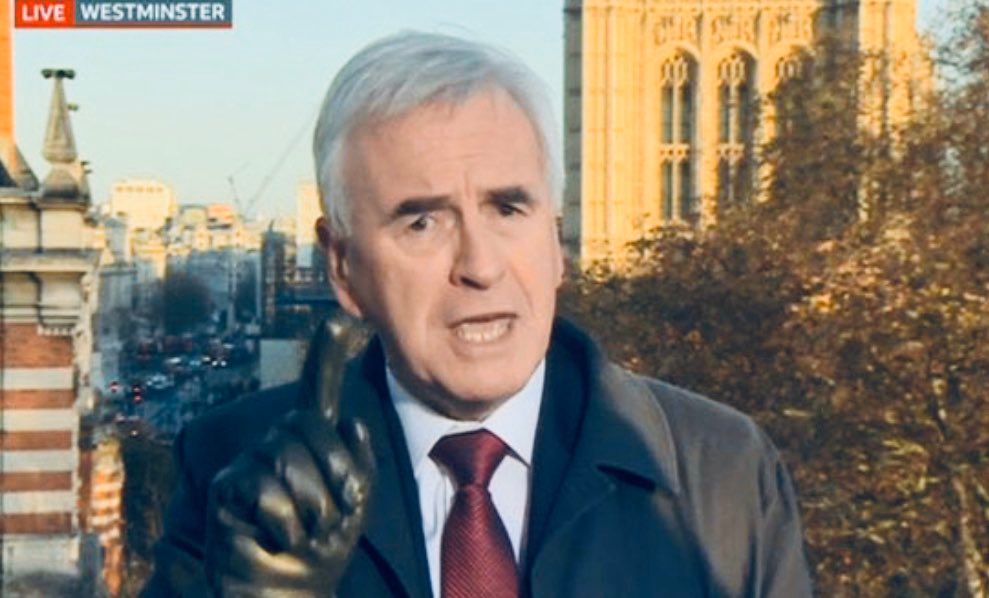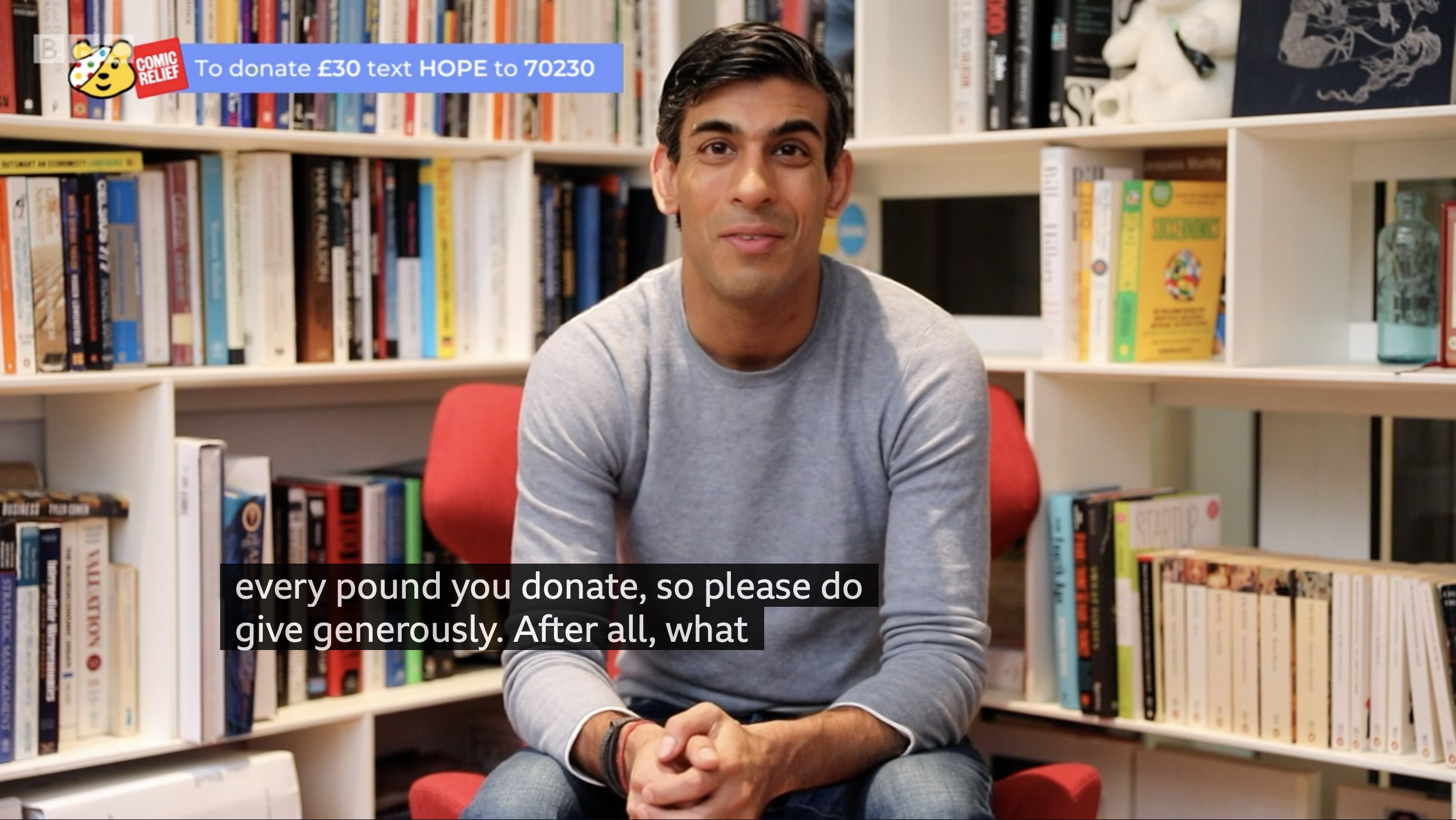The date is Wednesday, 1 May 2024.
Yesterday, it was the 104th birthday of fundraiser extraordinaire Captain Tom Moore, who is up early doing laps of his garden to raise money for our heroes on the front lines of the Department for Work & Pensions.
It is also International Worker's Day, and this year the workers in focus are all the care home residents we've put in hamster wheels to fund their own care. Every Thursday at 8pm, we clap for them.
To those who lived through it, the 2019–21 coronavirus pandemic now feels like a bad dream. To some, it is even remembered through rose-tinted glasses; as a moment where the whole country came together against a common enemy: people who don't have gardens.
And yet, some of the rhythms of the pandemic remain in place. Every night, Ant & Dec present a big fundraiser for our public services from a glossy TV studio, backed by a star-studded host of celebrities, comedians, and politicians. All taxes except VAT and Council Tax have been abolished, but the government has generously pledged to match all donations.
Another rhythm that hasn't recovered from the pandemic is the death rate. "Maybe you should have dug a little deeper", says multi-millionaire Chancellor of the Exchequer and former hedge fund manager Rishi Sunak as he announces today's poverty death figures (did they die of poverty or with poverty?). "After all, I've bunged a few quid in".
At that moment, your TV cuts out as your prepaid electricity meter runs dry. You've been struggling to make ends meet since you got furloughed from your job of following rich people around and laughing at their jokes. Looks like it's bits of memory foam mattress for dinner again, kids.
I should stop myself there. All of that above was made up. That would never happen, it's a totally ridiculous scenario.
OR IS IT??????????

If you'd have told me 10 years ago that in 2020 we'd be having a fundraiser for a disaster happening in our own country, I'd have probably said, "Who are you?", or, "How did you get into my house?".
But there's still an important point there, even though this fictitious past 17-year old version of myself in a riff on a stolen Michael Redmond joke has missed it, about how we already have a system for getting funding to the NHS and the care sector, and it's called taxation. This system is being undermined and underutilised.
Instead of a guilt tax on viewers of The One Show (although I do think that viewers of The One Show should receive some kind of punishment – but that's for another article), why don't we tax the ultra-rich who are squirrelling tens of billions of pounds offshore? Why don't we tax companies like Amazon, which make billions but are paying about 2% of their revenue in taxes? How much of your income are you paying in tax?
The social care sector has been in need of reform for a very long time, and effective reform won't be cheap. In 2017, the Conservative Party, 20 points ahead of Jeremy Corbyn's Labour Party in the polls, showed its true colours and released the manifesto it always wanted to write, comfortable in the knowledge that victory was all but assured (and we all know how that went). Among the proposals was a "dementia tax", so-called because it made sure the financial burden stayed firmly on individuals who needed care, and that the the more complex your needs, the more you would pay (the system does actually already work like this, but the dementia tax would have deepened the problem).
The principle that underpins the NHS is that all of us, rich or poor, pool our resources to ensure that no matter what happens, anyone can get the help that they need, when they need it. We should do the same for social care with a National Care Service. Yes, it'll be expensive. But the need is there already – it's just not being met. Refusing to deal with the problem isn't going to make it go away. And it won't be met by a guilt tax on viewers on The One Show.

Taxes can seem unfair, particularly if you don't have enough money to get by. But the point of taxes should be that they guarantee a basic standard of living which ensures that you can get by. Tories hate this idea because they think that removing the threat of destitution, starvation and homelessness will remove any incentive to work, but the success of mutual aid in the UK shows that people will do the work that needs to be done without coercion – if only we let them.

